Exploring the Great Outdoors with Disabilities
Having a disability doesn't mean that you have to miss out on the great outdoors. With some planning and preparation, anyone can explore and enjoy nature. Here are some tips for exploring the outdoors with disabilities:
1. Research Accessible Trails and Parks
Many parks and trails have accessible options for those with disabilities, including wheelchair-friendly paths and accessible restrooms. Do some research before heading out to find these options.
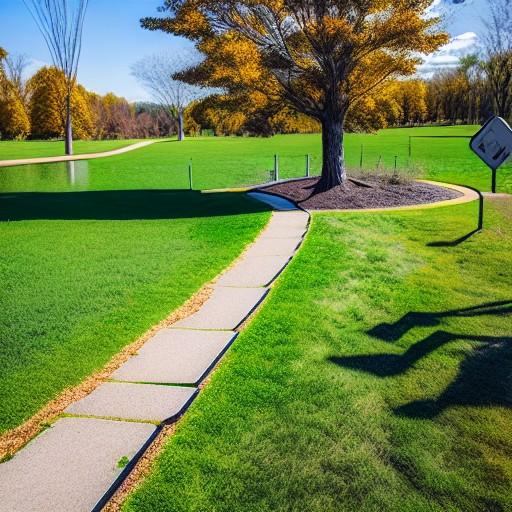
2. Rent Adaptive Equipment
There are many companies that rent adaptive equipment for outdoor activities, such as wheelchairs designed for hiking or handcycles for biking. These rental options can make it easier for people with disabilities to participate in outdoor activities.
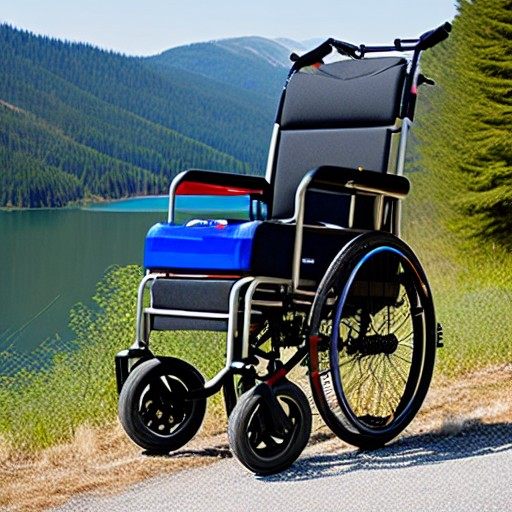
3. Plan for Accessibility
When planning your outdoor adventure, make sure to consider accessibility. Look for campgrounds and lodges with accessible options, such as ramps and wide doorways. If you plan on hiking, consider bringing a mobility aid, such as a cane or walker, or ask about renting adaptive equipment.
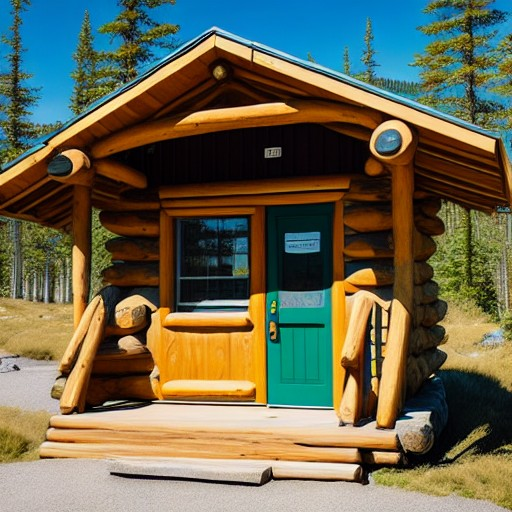
4. Bring a Companion
Having a companion can make exploring the outdoors with a disability safer and more enjoyable. They can assist with mobility, provide support, and offer help if needed.
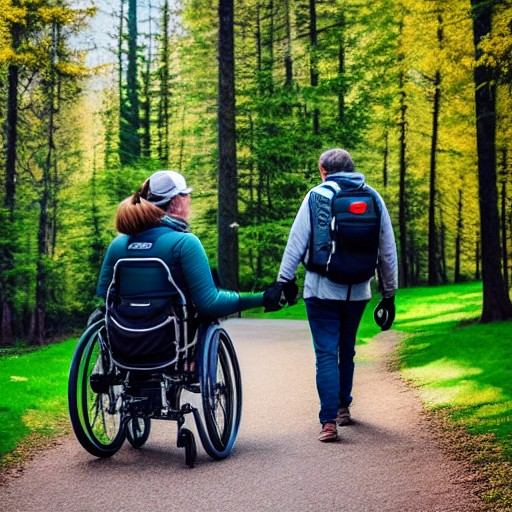
5. Take it Slow
Exploring the outdoors with a disability may require taking it slower than others. Be sure to pace yourself and take breaks as needed. Remember that the goal is to enjoy the experience, not to rush through it.

6. Prepare for the Weather
Weather conditions can impact your outdoor adventure, so it's important to be prepared. Check the forecast before heading out and bring appropriate clothing and gear. Consider bringing extra layers, rain gear, and sun protection.

7. Be Flexible
Outdoor adventures can be unpredictable, so it's important to be flexible. If an activity or trail is not accessible, look for alternative options. Remember that the goal is to have fun and enjoy the experience.
Exploring the outdoors with a disability may require some extra planning and preparation, but it's worth it. With the right mindset and resources, anyone can enjoy the beauty of nature.
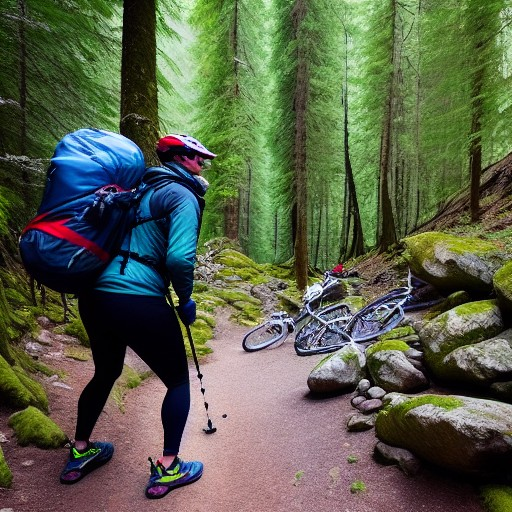
conclusion
individuals with disabilities should not be discouraged from exploring the great outdoors. Outdoor activities have numerous benefits for physical, mental, and emotional well-being. While it may require some extra planning and preparation, adaptive equipment, and support, the rewards of exploring nature are well worth the effort. It is essential to have a positive mindset, be open to new experiences, and seek out resources and programs specifically designed for individuals with disabilities. Through exploring the outdoors, individuals with disabilities can gain a sense of freedom, independence, and connection with nature, improving their overall quality of life. So, if you have a disability, don't let it stop you from exploring and enjoying the great outdoors.